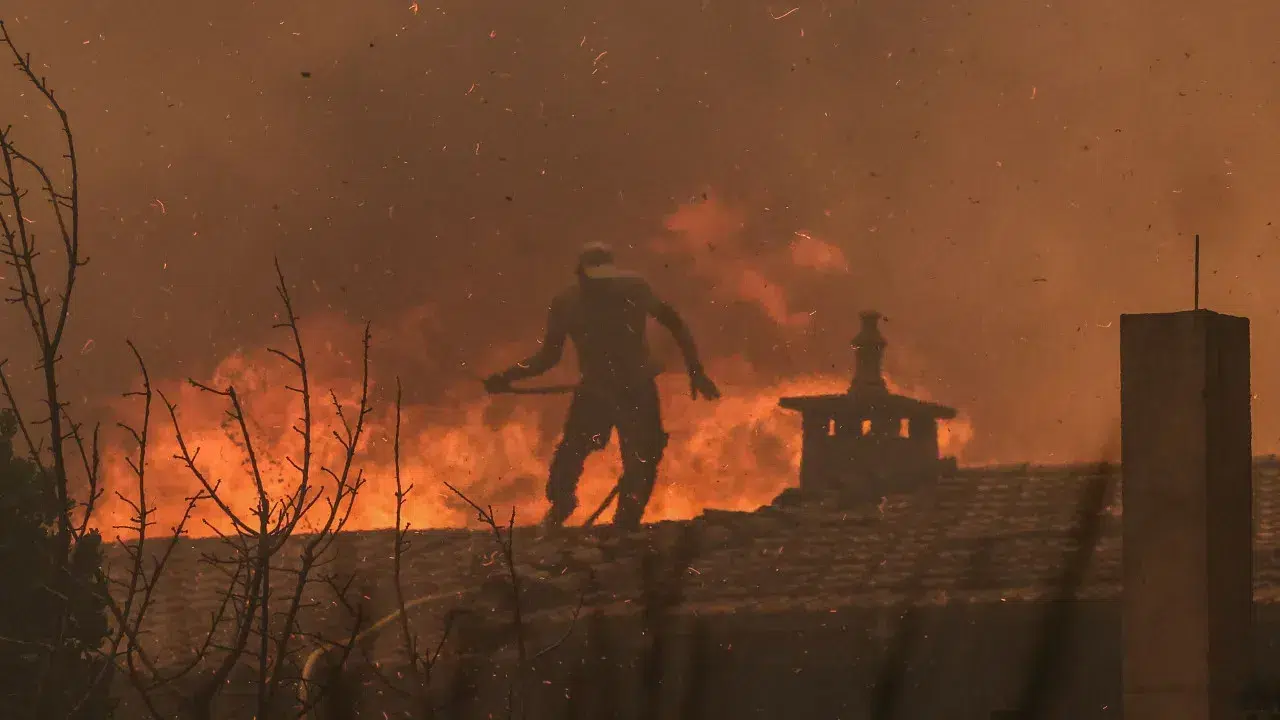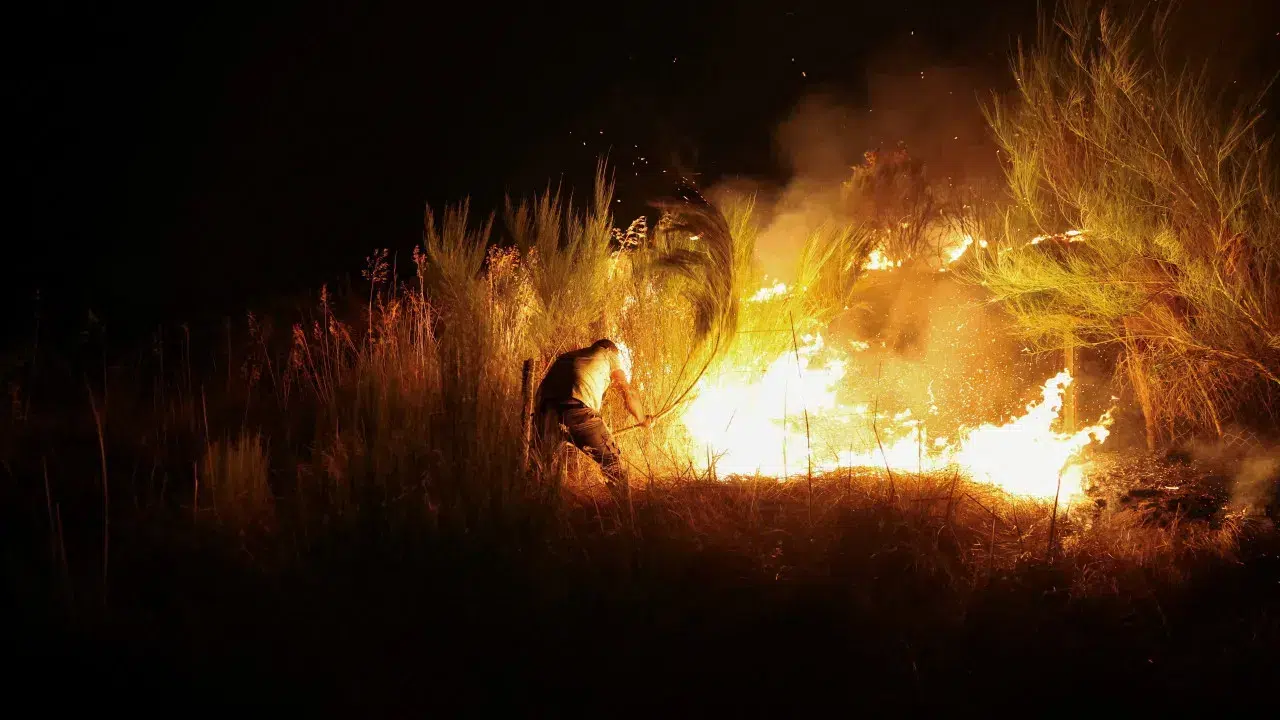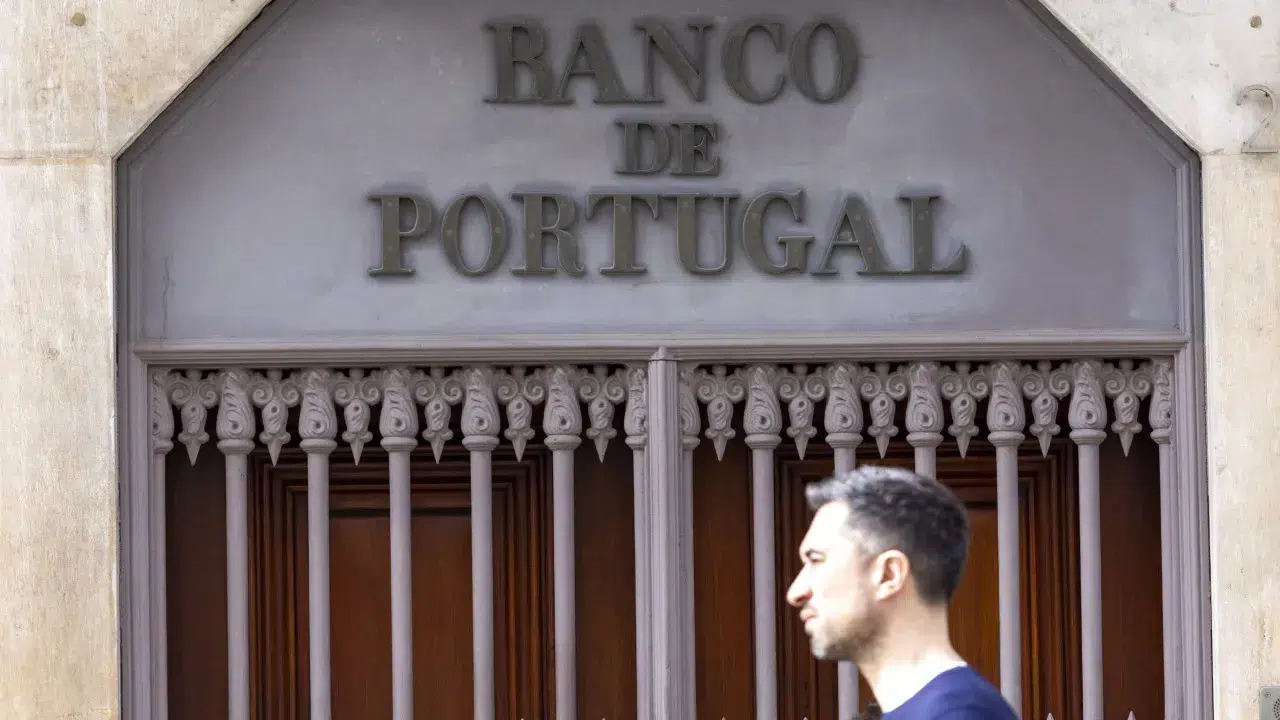A National Confederation of Agriculture (CNA) has demanded that the government implement the grape distillation measure, which will have a funding allocation of 13 million euros, ahead of the Douro harvest season.
“It is crucial for the government to execute the 13 million euro support measure for grape distillation, a long-promised action that has yet to materialize. With the harvest looming, farmers need clarity on what to expect, and that’s still not established,” stated Vítor Rodrigues, CNA leader.
The CNA and its associate, the Association of Growers and Family Agriculture of Douriense (Avadouriense), held a press conference today in front of the Casa do Douro headquarters in Peso da Régua, Vila Real district, to highlight the start of the harvest in the Demarcated Douro Region (RDD) and urge the government for swift support measures.
Douro winegrowers have expressed concerns over difficulties in grape sales, low prices, and the reduction by 15,000 barrels in the ‘benefit’ (now 75,000 barrels), the quantity each producer can allocate for Port wine production.
In July, the Ministry of Agriculture and Sea announced preparations for an action plan aimed at the sustainable management and enhancement of the RDD wine sector, incorporating efforts to reduce surpluses, adjust productive potential, and increase value creation.
Regarding this plan, Vítor Rodrigues noted it currently remains “a declaration of intent,” advocating for the inclusion of regional brandy usage in Port wine production to aid in wine clearing issues, and outright opposing the reduction of Douro’s productive potential, especially through vineyard removal.
“It seems this is a pathway being drafted,” he cautioned.
The official also urged the government to acquire 15,000 barrels of Port wine currently in stock.
Vítor Herdeiro of Avadouriense criticized the government’s plan as a “drop in the ocean,” highlighting the challenges in selling grapes not aimed for benefit production.
Berta Santos, also a CNA leader, warned against the desertion of viticulture activities, stressing that “a region without people is fodder for fires.”
José Ventura, a small farmer in Armamar, expressed uncertainty about this year’s harvest, the measures in the government plan, or what to do with non-benefit grapes. This year, he expects to collect four barrels (550 liters each) for benefit, compared to 12 barrels 25 years ago.
“Maybe they’ll just hang there; I won’t cut them,” he noted, stating grapes are sold below production costs, requiring him to supplement his income to maintain the vineyard.
He added that production costs have increased over the past 25 years while grape prices have stagnated, and if conditions persist, he may abandon the vineyard and let it overgrow.
António Lareiro from Armamar complained that the winery where he supplies his grapes “hasn’t paid for the last three harvests,” making his priority to receive what he’s owed and ensure payment for this year’s supplied grapes.
Rosa Matilde of Galafura, Régua, with three hectares of vineyards, sold grapes in the past but is uncertain about this year. “We haven’t received letters yet for this year,” she said, concerned about how to manage her produce.




